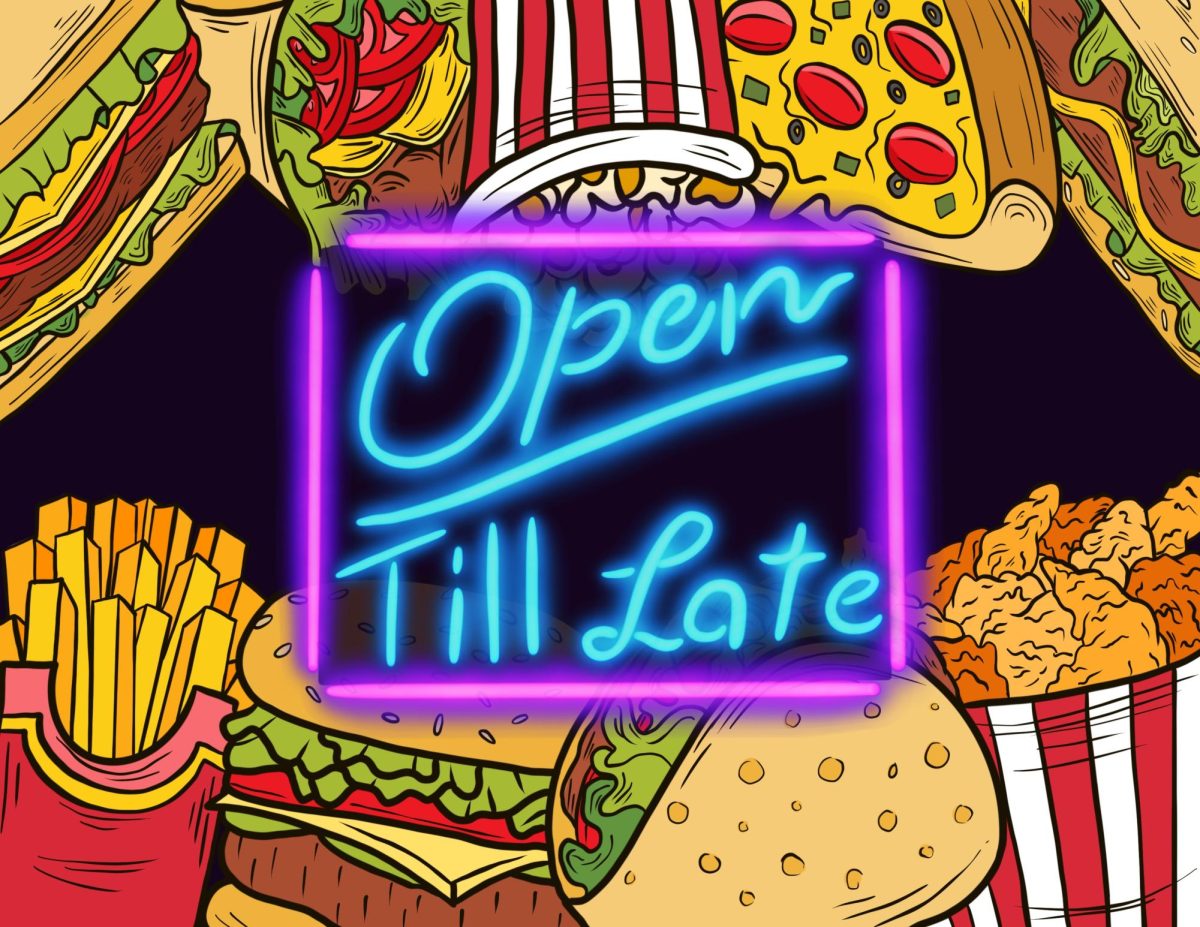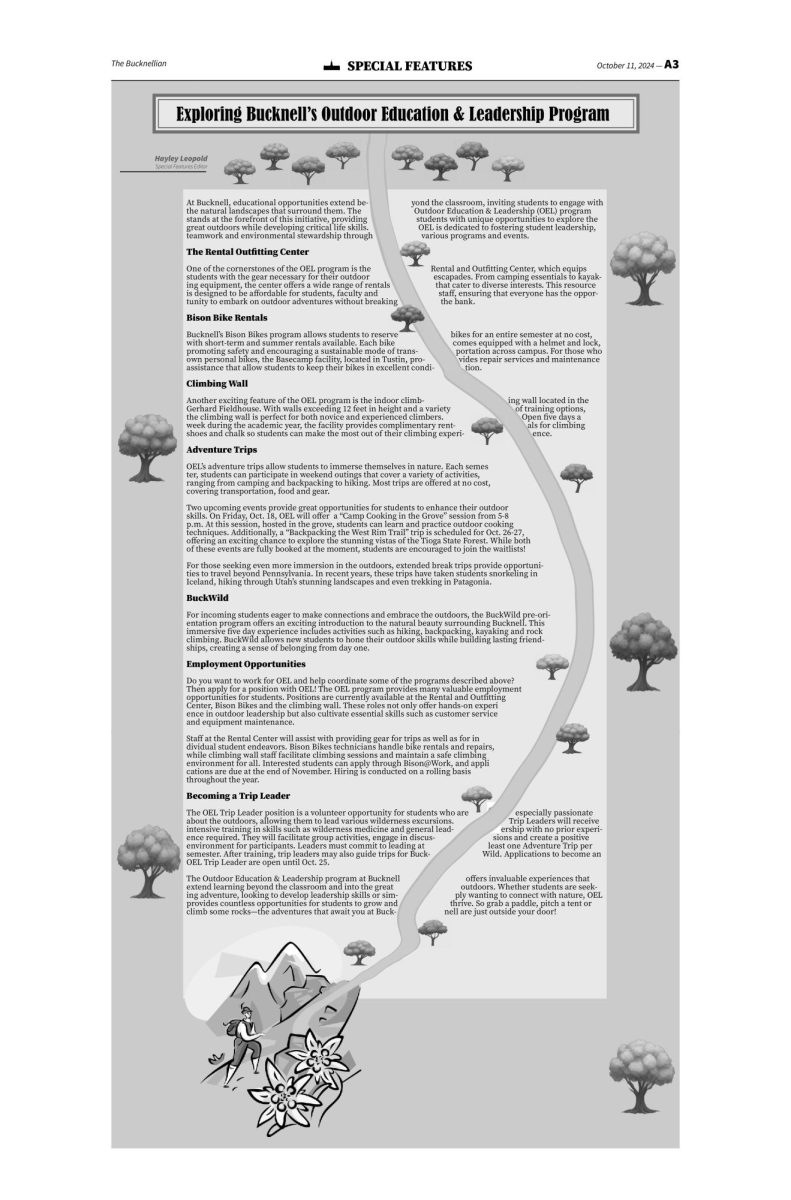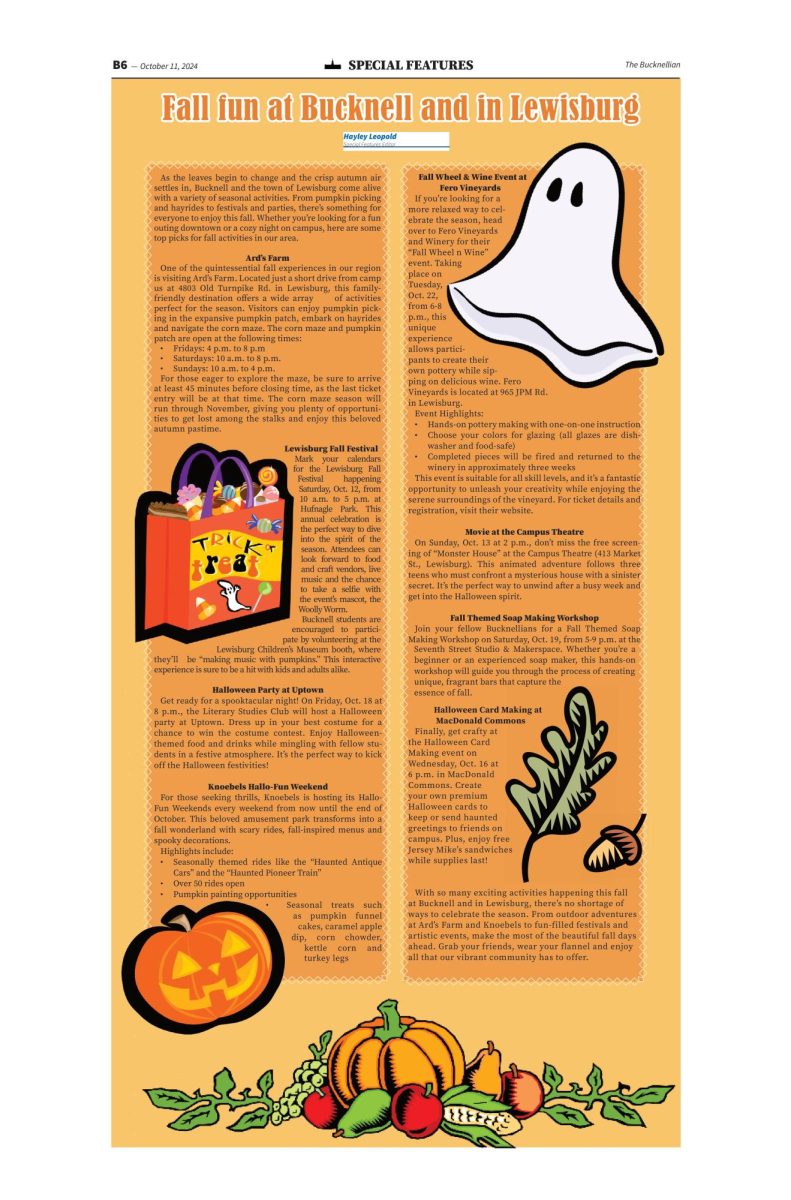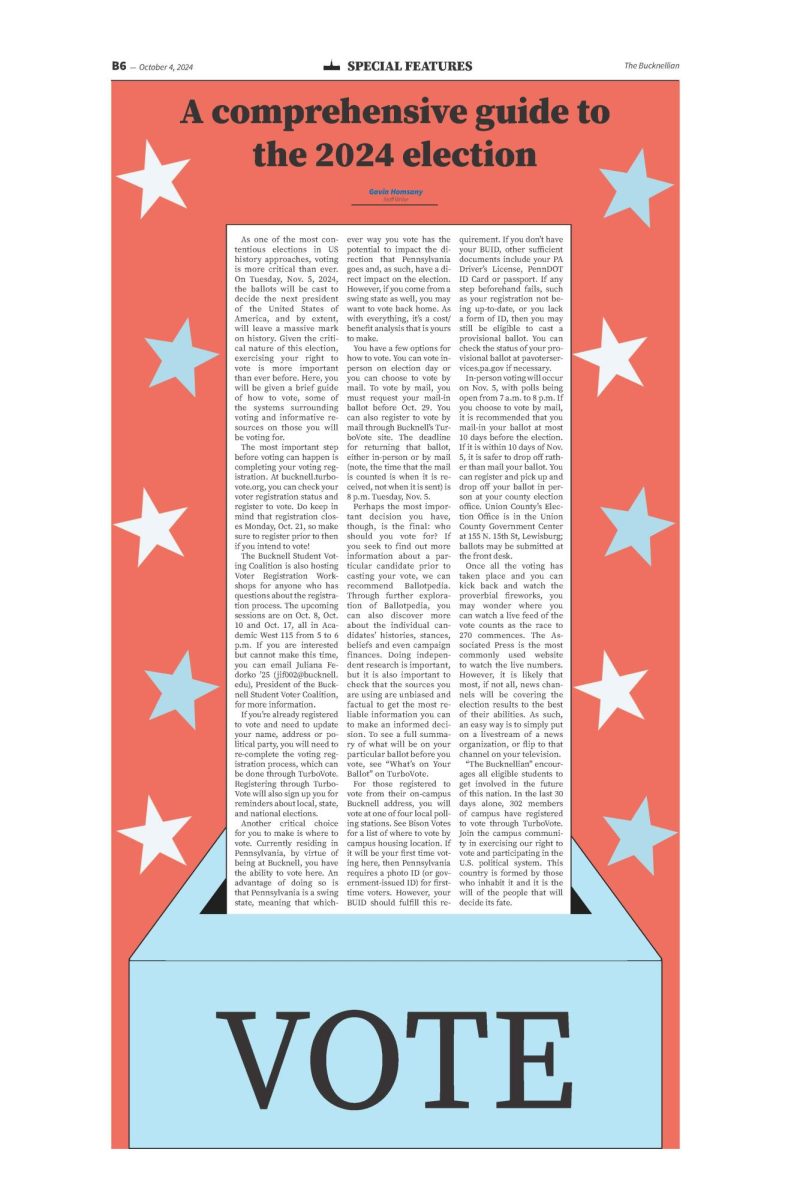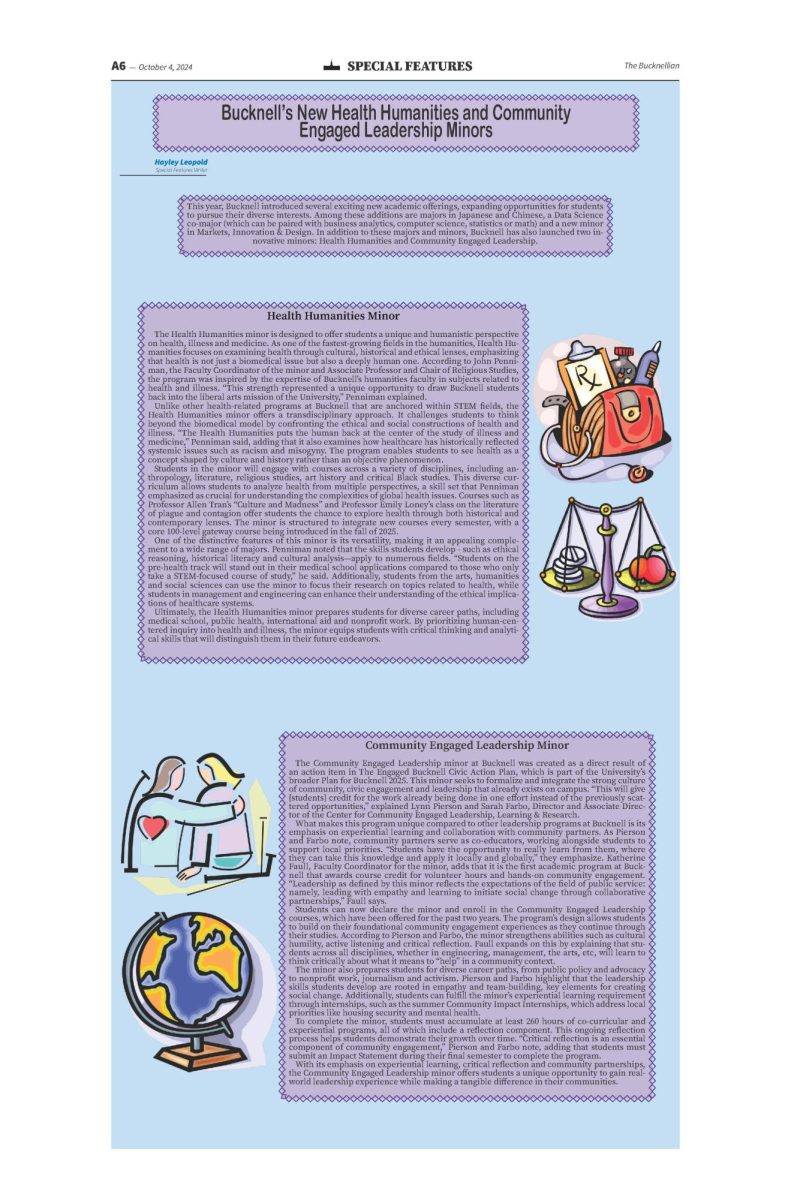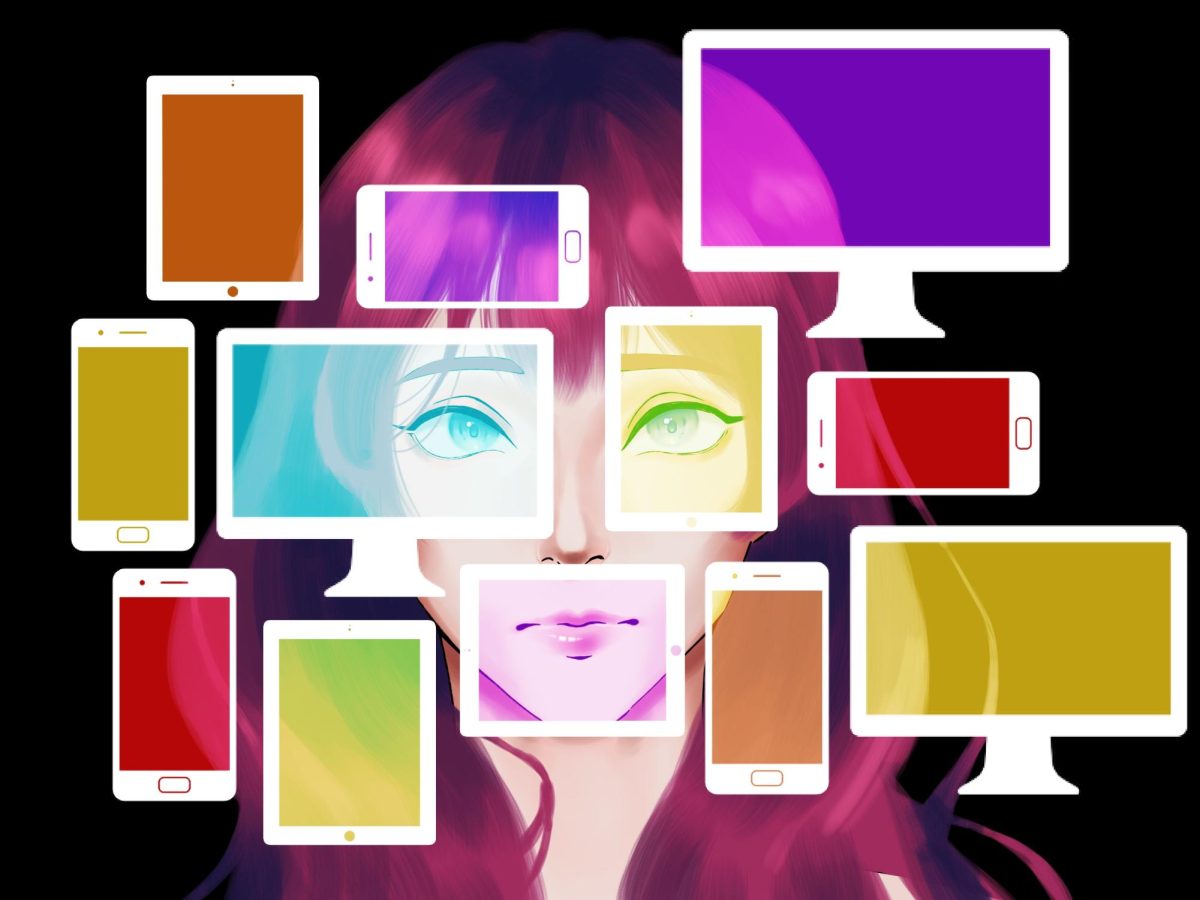Between the endless doom scrolling and constant idealistic images of smiles and selfies, most days social media makes me feel much more disconnected than connected. I can hate on social media, screens and digital assistants like Siri and Alexa all I want, but I still feel strongly that technology is a powerful tool that, if harnessed for good, can be used to bring us closer together, not tear us apart. Without technology, I wouldn’t be able to maintain a connection with my maternal grandmother, a relationship I deeply cherish, but outside of a few exceptions, I often feel that technology isolates us and perpetuates notions of insecurity and anxiety that decreases our desire to connect authentically. I wonder, in a world that is being shaped by an unrelenting pace of change, especially with technology and AI, how can we, the generation growing up with technology, still feel connected?
Enter Marco Polo. Recently, I started using the app where users can only send videos to one another, with a few friends in an attempt to stay connected. Facetime and calls are a great way to have conversations, but can only be used live in real time, and text can often feel robotic and automated as intonation and expression can get lost in communication. I love emojis, but there are limitations to even the vast range of emojis that exist. In the past, a good friend of mine and I have often sent voice memos back and forth as it felt like a more interpersonal way to communicate thoughts and anecdotes. In a group video chat on Marco Polo, my friends and I have done “a word of the day,” which tends to be an outlet to share the reasoning behind why we like a word or a word that feels relevant to that moment in our lives. I’ve shared a range of words, from the etymology of my favorite word, “erudite,” to “reputation,” a nod to Taylor Swift’s sixth studio album, while a friend shared escoba, the Spanish word for broom, a reference to needing to tidy up and clean her room that day.
While sending these words of the day and other short video messages, I’ve realized that there’s something unique about the format of Marco Polo that capitalizes on the element of connection within language. In reflecting on new friendships within the past year and continuing relationships with old and dear friends, I’ve noticed that language plays a hefty role in every aspect of connecting or communicating with others. The world as we know it would be incomplete as it is heavily reliant on the ability to use language. Throughout history, many aspects of technology have tried and continue to use language in different ways. With the invention of the typewriter, the telegram and even messenger pigeons, we’ve constantly used written language to communicate with one another. With the invention of the camera, video camera and Facetime and Skype, we’ve tried to mimic face-to-face communication while granting an extraordinary level of instant access and convenience.
It makes me think all the more about this tense relationship between language and technology. With technology, we’ve sometimes stopped doing things “in person,” opting to spend time with our screens or interacting with others virtually. In communication and expression, language makes us feel connected. We used to require person-to-person translation across different languages, but now we have non-sentient and faceless translation with AI and translators. I wonder, with technology evolving at such a rapid pace, will language be isolated from its counterpart of connection?
All in all, it deeply encourages me that apps like Marco Polo have enabled us to preserve both language and connection, utilizing technology as a way not to eliminate, but to preserve these vital embers of interpersonal interaction.













